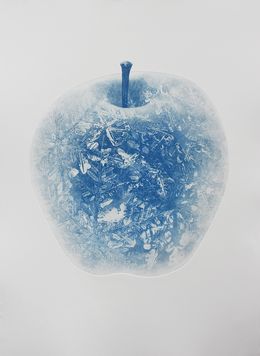
Chiaroscuro
Save your search and find it in your favorites
Saved search
Your search is accessible from the favorites tab > My favorite searches
Unsaved search
A problem occurred




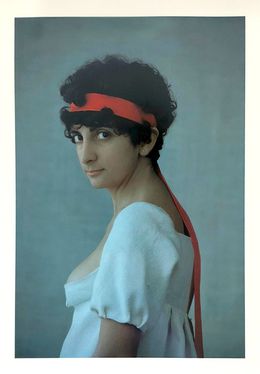

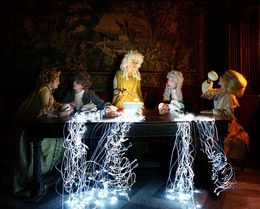

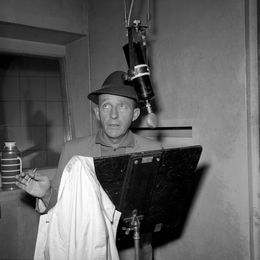
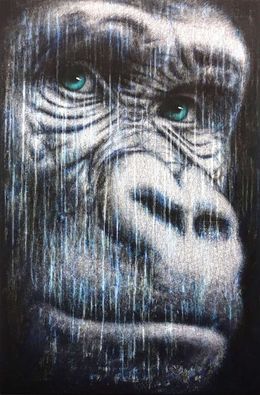
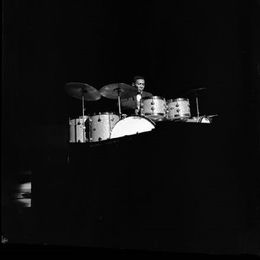
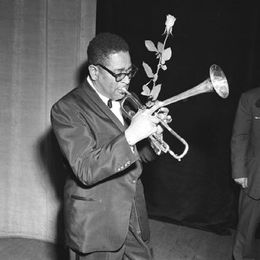



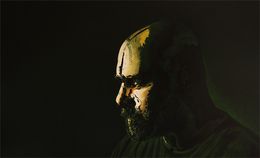


Marie-Paule
Frank Horvat
Photography - 57.5 x 49.5 x 0.3 cm Photography - 22.63 x 19.5 x 0.1 inch
Sold



Alessandra
Frank Horvat
Photography - 57.5 x 49.5 x 0.3 cm Photography - 22.63 x 19.5 x 0.1 inch
Sold

Kristin, Framed
Frank Horvat
Photography - 57.5 x 49.5 x 0.3 cm Photography - 22.63 x 19.5 x 0.1 inch
Sold

Alexandra
Frank Horvat
Photography - 49.5 x 57.5 x 0.3 cm Photography - 19.5 x 22.63 x 0.1 inch
Sold

Frank Horvat Portfolio
Frank Horvat
Photography - 177.8 x 203.2 x 0.3 cm Photography - 70 x 80 x 0.1 inch
Sold
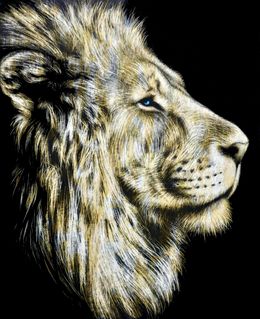
Chiaroscuro
Chiaroscuro is one of the foremost techniques to come out of the Renaissance. Derived from the Italian words “chiaro", meaning bright or light, and “oscuro", meaning obscure or dark, this technique refers to the use of strong contrasts between light and dark to achieve a sense of volume when depicting three-dimensional subjects. Its advent was a crucial artistic development, marking a new era of art in which painters could now begin to convey depth through slow gradation of light and shadow.
It is said that the technique was invented by Renaissance master Leonardo da Vinci, but other important artists who either developed or popularized the techniques include Caravaggio, Rembrandt, Vermeer and Goya. Invented in the 15th century, the technique quickly became common practice for all artists and by the late 17th century the term was frequently being used to describe any painting, drawing or print that used contrasting colors to create depth.
A century after its advent, Caravaggio developed the technique into something new which has been labelled “Caravaggesque" . This specifically refers to a harsher kind of chiaroscuro which uses a singular light source to create even sharper contrasts. Its usage in art will often result in darkness being the dominating feature of the painting, producing an extreme and dramatic effect. His cult of followers were given the name the “Caravaggisti", mimicking his style of intense tonal contrast, which artists like Ruby Bat Arnon and C.Leg continue to use today.